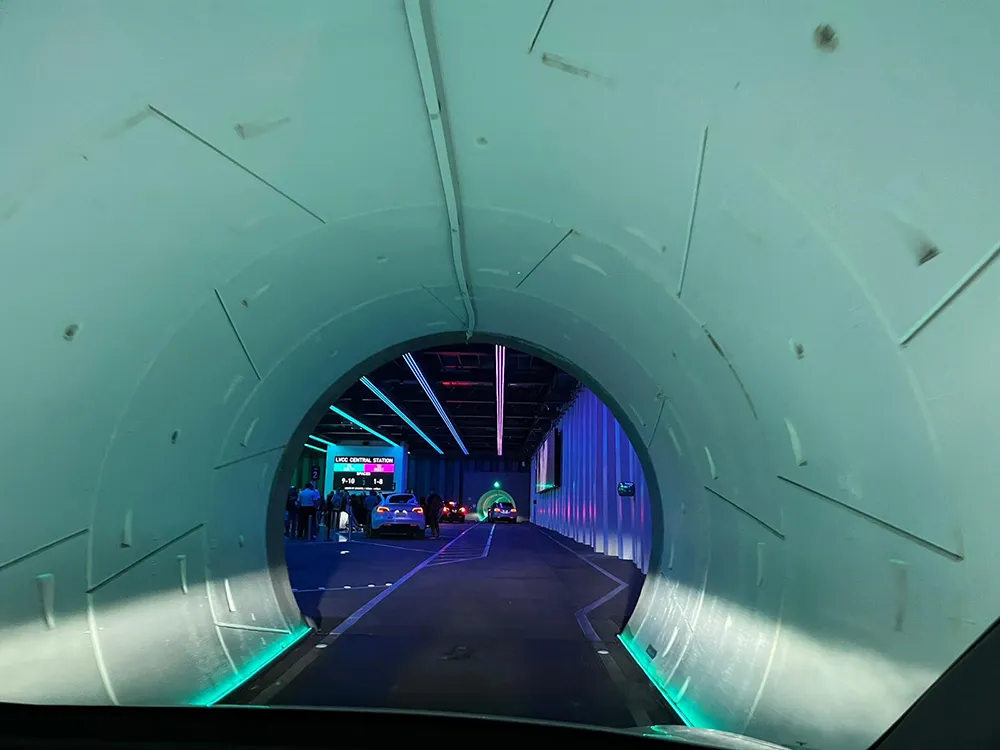Singapore’s first driverless electric vehicle, developed by the country’s Nanyang Technological University (NTU), has taken to the streets in a test carried out along a two kilometre route. The vehicle can accommodate eight passengers and is able to travel at 20 kilometres per hour.
The two-year test project, being carried out jointly by NTU, JTC and Induct Technologies, is the first of its kind in Singapore and aims to develop a vehicle that will replace shuttle buses in the country.
August 20, 2013
Read time: 2 mins
Singapore’s first driverless electric vehicle, developed by the country’s Nanyang Technological University (NTU), has taken to the streets in a test carried out along a two kilometre route. The vehicle can accommodate eight passengers and is able to travel at 20 kilometres per hour.
The two-year test project, being carried out jointly by NTU, JTC and7149 Induct Technologies, is the first of its kind in Singapore and aims to develop a vehicle that will replace shuttle buses in the country.
The vehicle will be able to safely interact with traffic in Singapore, the developers claim. Software and intelligence systems will be programmed into the vehicle to enable it operate on pre-defined routes. They expect that the new vehicle would be about 30 per cent to 50 per cent less expensive to operate than a normal vehicle.
The joint research team will also oversee the development and testing of various new charging technologies, such as wireless induction and new super capacitors for electric vehicles.
The two-year test project, being carried out jointly by NTU, JTC and
The vehicle will be able to safely interact with traffic in Singapore, the developers claim. Software and intelligence systems will be programmed into the vehicle to enable it operate on pre-defined routes. They expect that the new vehicle would be about 30 per cent to 50 per cent less expensive to operate than a normal vehicle.
The joint research team will also oversee the development and testing of various new charging technologies, such as wireless induction and new super capacitors for electric vehicles.









